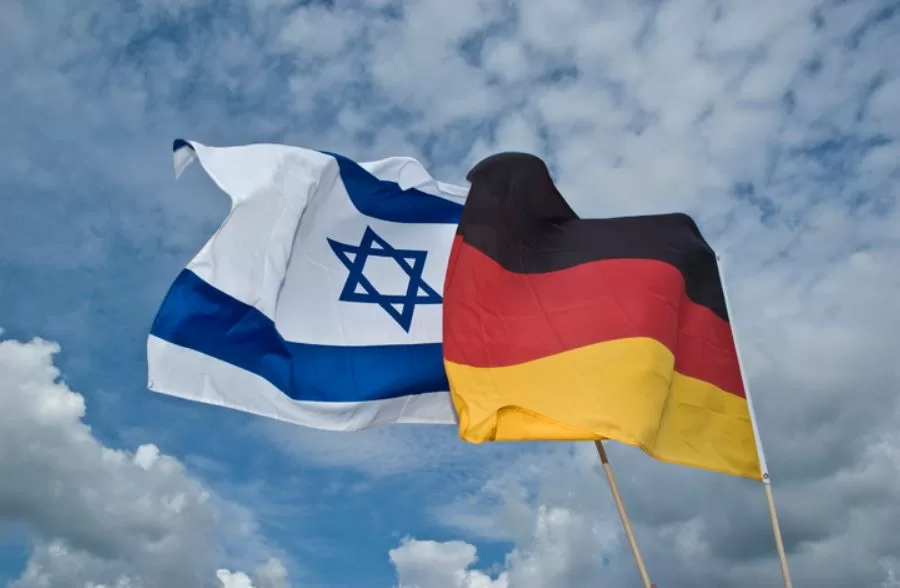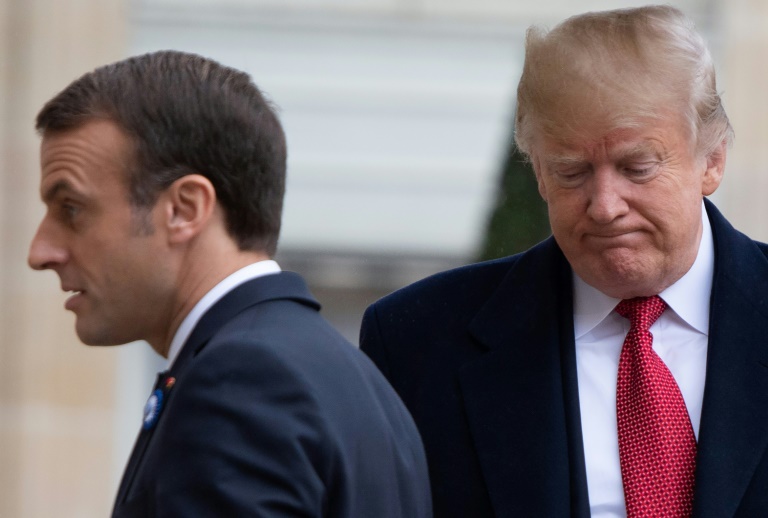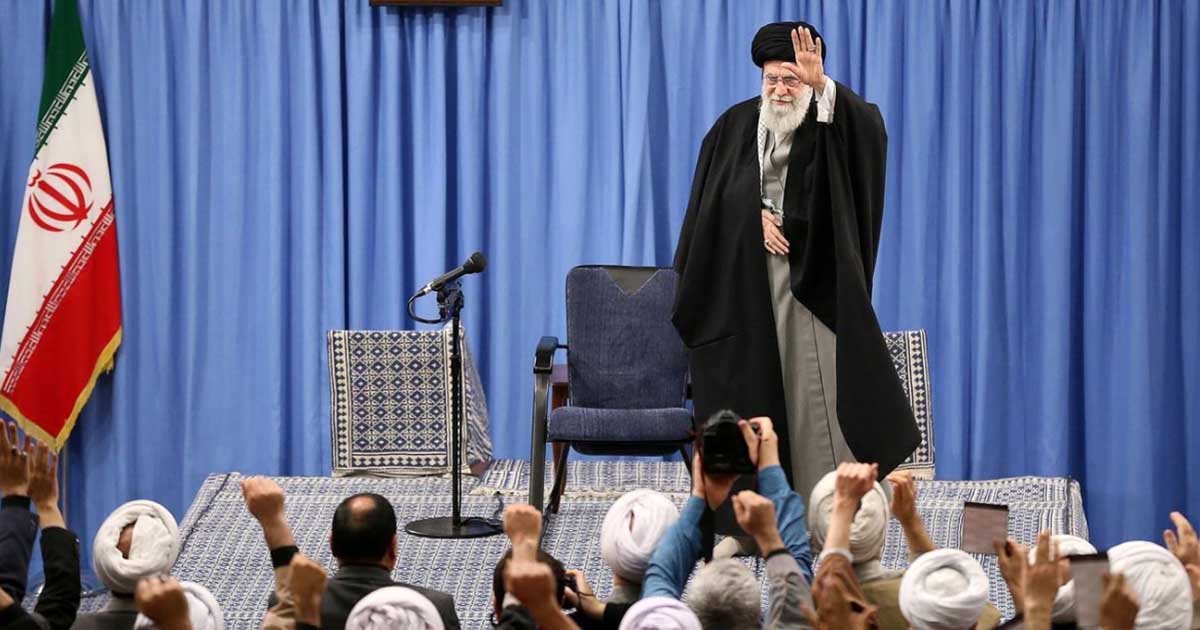Germany’s partial suspension of arms exports to Israel marks one of the most significant breaks in Berlin’s traditionally unwavering support for the Israeli state. The decision came amid mounting evidence of atrocities in Gaza, where the Israeli government is carrying out an ethnic cleansing in Gaza, displacing millions, and destroying essential infrastructure. According to a ZDF poll, an overwhelming 83% of Germans support halting weapons that could be used in Gaza, reflecting a stark moral consensus among the public: supplying arms to a state using starvation tactics and deliberate targeting of civilians is indefensible.
This public sentiment represents not only a repudiation of the Netanyahu government’s brutality but also a rejection of decades of German policy that treated Israel as a partner beyond criticism. For the majority of Germans, the calculated devastation of Gaza has stripped away the last vestiges of the “special responsibility” narrative rooted in Holocaust memory, revealing a present-day reality of oppression and ethnic cleansing that can no longer be morally justified.
Israel’s Genocide in Gaza and the Case for Sanctions
The immediate trigger for Chancellor Friedrich Merz’s shift was the Israeli Cabinet’s explicit plan to fully occupy Gaza and forcibly expel its Palestinian population—an agenda that meets the textbook definition of ethnic cleansing. The move has been condemned by the UN, European governments, and human rights organizations, which have documented widespread violations of international law, including collective punishment, targeted attacks on civilian infrastructure, and the weaponization of food and water scarcity.
These actions are the deliberate outcome of a military strategy aimed at breaking Palestinian resistance through sheer human suffering. Continued arms sales from Germany, in this context, would make Berlin an active accomplice in these crimes. That the government has chosen—even partially—to distance itself from such complicity is a rare example of policy being dragged toward morality by public outrage.
Yet, the suspension remains only partial. Merz has stopped short of a full embargo, refused to endorse EU-wide trade suspensions, and maintained Berlin’s formal commitment to Israel’s “right to defend itself.” This diplomatic hedging keeps Germany’s hands partially dirty. As long as any military aid flows, the German government cannot claim moral high ground.
The Erosion of Israel’s European Support
Germany’s recalibration is part of a broader European shift. France and the UK have moved toward recognizing Palestinian statehood, while Canada has issued unprecedented criticisms of Israeli conduct. The Netanyahu government’s belligerence, coupled with its dismissive attitude toward international condemnation, has strained alliances that were once taken for granted. Netanyahu’s response—accusing Merz of “buckling under pressure”—reveals a government incapable of introspection, preferring to double down on propaganda rather than address the humanitarian catastrophe it has created.
What is most striking is that European dissent is emerging not from radical fringes but from mainstream political currents and public opinion. The ZDF poll also found that 60% of Germans now support recognizing Palestinian statehood, a position once considered politically toxic in Berlin. The genocide in Gaza has, in effect, normalized solidarity with Palestine across large segments of the European public, challenging decades of pro-Israel consensus.
Read More: Southeast Asia Faces 70% Surge in Plastic Waste Leakage Without Urgent Action
Merz’s partial suspension of arms exports is a necessary first step, but history will judge it insufficient if it remains half-hearted. To truly align with international law and human rights principles, Germany must impose a full arms embargo, recognize Palestinian statehood, and push for war crimes accountability for Israeli leaders. Anything less will be remembered as a calculated compromise with a regime committing crimes against humanity.
The German public has spoken with rare clarity. The moral and political pressure is now on Berlin to act decisively—not just to stop profiting from Palestinian suffering, but to stand on the right side of history in a conflict where neutrality is complicity.














